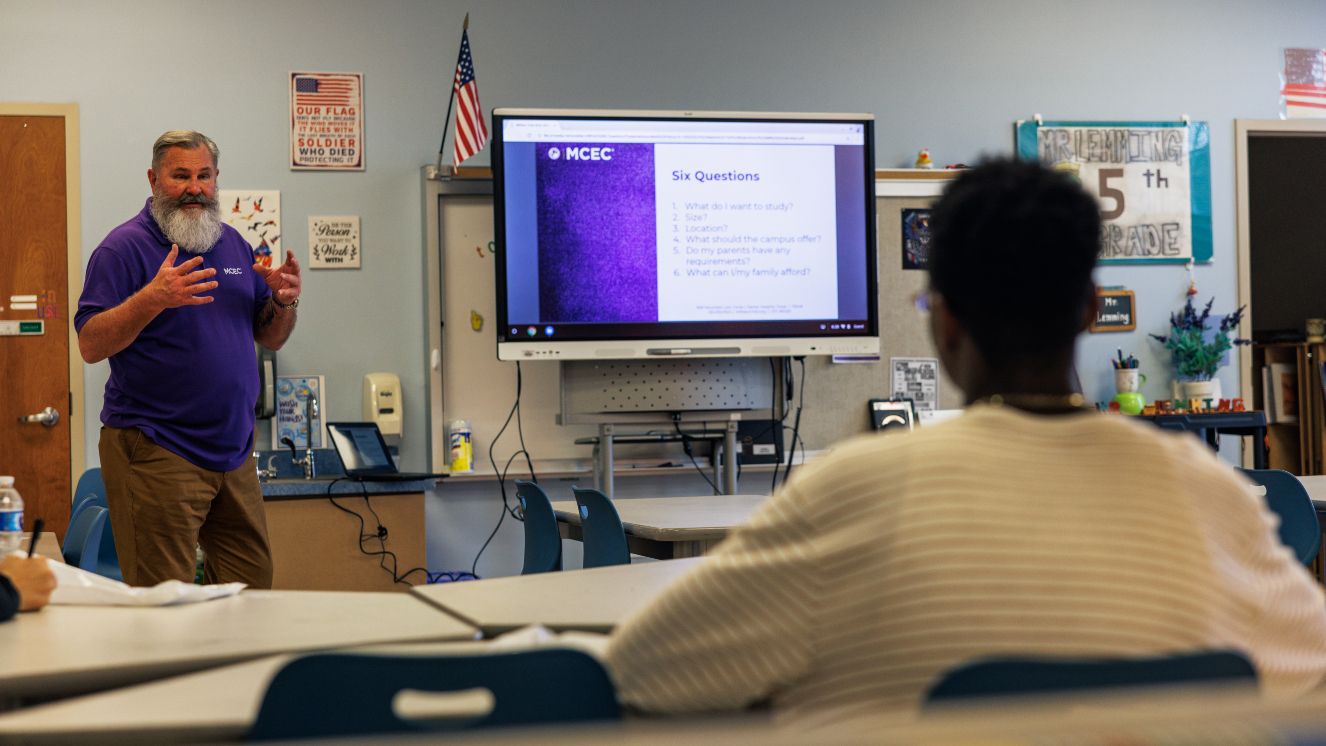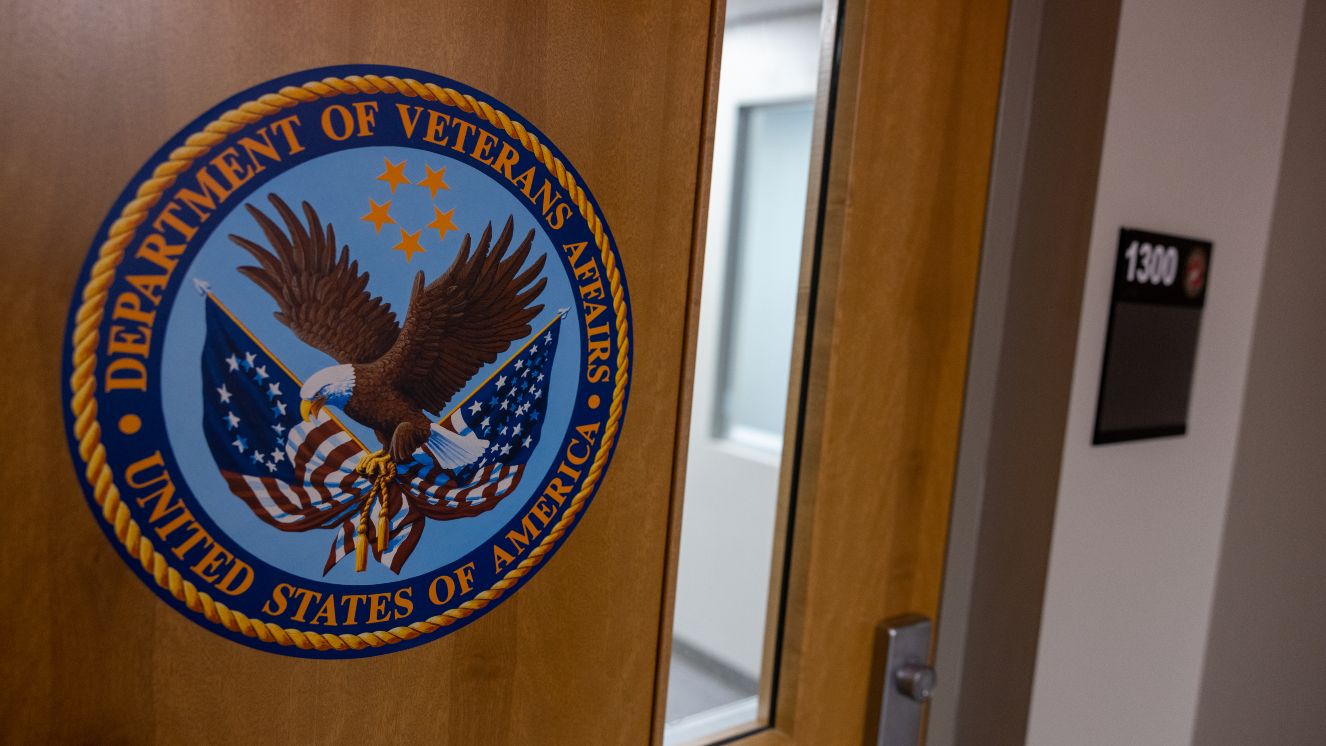VETERANS RANT - LET ME BACK INTO F@#%ING COLLEGE
COMMENT
SHARE

Introduction
The 40-year-old virgin ain’t got nothing on the struggles of an almost 40-year-old student veteran! F@#% ! I am a self-made woman, The Founder and Director of a nonprofit called Women Veterans Empowered & Thriving. I struggled deeply in my reintegration into civilian culture.
My Experience Transitioning Into Civilian Life

Wanting to Go Back to School
After overcoming so much adversity, I decided, with the encouragement of my husband, to return to college. The main reason was the hope that this "piece of paper'' could help my organizations acquire more funds/grants and open up more accessibility to my programs for veterans and their families. Up until this point, I had stood proud WITHOUT an MFA, MBA or any other college degree acronym. I still stood tall but became open to the possibility of so much more. I wanted to learn. I wanted to know things what others know, to meld life experience with book knowledge. I wanted to continue to build the best version of myself. I’m not going to rely on the classic struggles of the student-veteran to tell my story, but let's cover them quick: Dumb 18-24 year olds with no life experience telling me what the war was really like or about. Professors that teach through their own politics rather than facts. Others putting veterans on the spot to speak about service or war. Difficulty with the VA. Education benefits. Finding someone in the college admissions office to explain and process GI Bill

Prior College Experience
I went to college before I went into the military. I did not excel and ended up in the military to pay off my student loans. Which did not pay off until after years of battling the Army to fulfill the contract they promised me (that, my friends, is another story).
Vocational Rehabilitation (VocRehab) Program
Without the GI Bill, but with my years in service, I was eligible to enroll in the Vocational Rehabilitation (VocRehab) program. After meeting with my VocRebab counselor, we discussed what kind of program would compliment and improve my already extensive resume of skills and accomplishments.
Recreational Therapy
The counselor did his baseline of helping me navigate the complicated and layered questions of what degree program would be great for me. We decided on “Recreational Therapy” which at the time seemed like a good fit (as many things do). It was never explained to me that once this decision was made it would take an entire appeals process to change my program or that it was no guarantee that a requested change would be accepted (again: another story currently without an ending).
College Application Process
Then the application process began, and I applied out of pocket to Temple University which was supposed to be reimbursed (except if you don’t get in). It did not even occur to me that they would not allow me in especially with the stamp of approval from Voc. Rehab counselor guy saying snidely, "It's a state school; you should have no problem getting in." Did you know that Vocational Rehab counselors go to college specifically for that degree? I was really convinced that this guy knew his stuff, and I often told him he was smart.
Ranting Moment ...

Struggling to Get Back Into College
After applying to Temple University and then transporting back in my mind to 1998 in order to hunt down the transcripts from all my previous college adventures was both exhausting and time-consuming. But I did it! Then I wrote my essay about what I did between 2003 and 2019 while I wasn’t in college. I personally thought the essay was spot on, but I didn't (and still don’t) really know what college entrance people look for from a 39-year-old combat veteran. I covered the struggles and the triumphs, the combat medic support for convoys in Iraq and the nonprofit formation. I was anxious to start the Spring of 2019, but, of course, the transcript office did not receive one of my transcripts that was mailed in the antiquated system from my first school, Cedar Crest College. When I finally spoke to a human in the office at Temple University, they simply said it must have been delivered to the wrong room in the building and they had no way of finding it. "So it’s my responsibility to make sure your postal service delivers your mail to the right room. How do I have control over that?" I asked. Essentially, no one could answer that question except to say, “You can send another one.” I did, but not without contacting the veterans services office. After all the hassle and back-and-forth with the Temple transcript and admissions offices, I finally got a call back from the highly recommended woman veteran in the veterans office, who I will leave unnamed because 1) I can’t remember her name and 2) it was not a great or lasting impression.
I Didn’t Get In Because of My 18 Year Old GPA
“We received all your transcripts, and you have not been accepted due to your GPA,” she informed me. Let’s rewind a second, MY GPA FROM WHEN I WAS 18 to 22 YEARS OLD! THAT GPA.

Totally Defeated
I felt degraded, dumb and questioned why I ever wanted to enter a system that does not want to nurture my life experience with book knowledge. The woman veteran coldly acknowledged my disappointment, and, without a word of encouragement or advice on what to do next, she hung up the phone. The thing is, I have been at the lowest points of my life with everyone around me expecting my continual failure before, and, instead, I rose up.
Trying Again
So I did it again. I left about six messages for the VocRehab counselor, but when he finally returned my phone call the semester had started and I was devastated. His suggestion was a local community college. I didn’t know anything about community college except it wasn’t a state school and I worried about the level of education I would receive. I was unfamiliar with community colleges and wondered if they were where the cast-offs of “real colleges” went when they couldn’t cut it.
Working With a Community College
Through the advice of a fellow veteran, I decided to reach out to the director of returning adult and veteran services at my local community college, Lehigh Carbon Community College. I honestly wasn’t sure I would get a response. I did! Leslie encouraged me to apply, to come meet with her to talk about my organizations as a prospective student. She guided me to do the “late start” classes on Feb. 15 and introduced me to a great advisor. This advisor was able to discuss my goals, my aspirations and why I wanted a degree that covered and complimented the multiple fields I already worked in. The particularly wonderful thing about this advisor, Mary, was that “advising” was her job, unlike at other colleges where the advisors are professors as well. This allowed Mary the time to research my classes, fully evaluate my transcripts, listen to my goals and hopes and find the degree program that is perfect for me. Mary did the job of my VocRehab counselor and college advisor in one and helped me find the adventure of becoming a college student again. Another angel at LCCC was Diane, who handled all the veteran education benefits with an attention to detail and informative manner that a drill sergeant would be jealous of. If she didn’t know the answer, she would find it. She excelled at time-sensitive material and even knowing whenever payment would process. I quickly realized that all these people worked hard to make sure returning adults, but specifically veterans, were supported in returning to college.
Conclusion
What I learned from this experience and what I want to share with all student veterans and military members is to reach out to the colleges and universities you are thinking of applying to. Think over your impressions of their staff. See who answers your emails and how quickly they reply. It is WORTH your time to do the research. It may be the difference between staying in school and dropping out in frustration. Don’t let another system fail you, military members and veterans! Find the colleges and universities that don’t just fly flags and “thank you for your service” but help you succeed in the rationally challenged world of academia. What to read next:Which Online Colleges for Veterans are Really the Best This Year? What struggles did you have getting into college as a Veteran? Let us know in the comments below.



